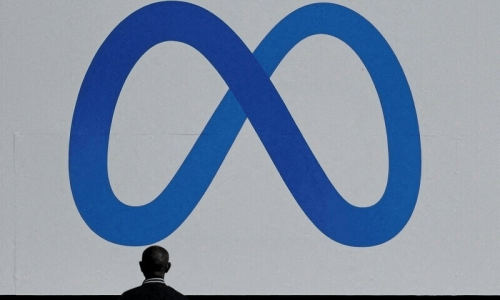ISLAMABAD: The parent company of Facebook, Instagram, and WhatsApp, Meta, has been requested to remove a restriction on using the Arabic word shaheed, which means martyr, on its platforms. However, the prohibition on calling anyone who identify as “terrorists” will still apply.
The advisory opinion of Meta’s Oversight Board, which is paid by Meta but functions independently, stated that the policy of designating people as shaheed in relation to those listed under its policy on harmful organizations and persons disproportionately limits freedom of expression.
The board has recommended that Meta discontinue this all-encompassing restriction and that the company’s current policy was superfluous.
The decision follows years of criticism of the business’s management of Middle Eastern content, including a 2021 research that Meta itself commissioned and which concluded that the company’s methods had a “adverse human rights impact” on Arabic-speaking users of its services as well as Palestinians.
Since Israel and Hamas began to combat in October, those criticisms have intensified. Rights organizations have charged Meta with censoring pro-Palestinian information on Facebook and Instagram in the context of the conflict.
The Oversight Board observed that, even in the face of tremendous stress from events like the Gaza conflict, the recent study that Meta was advised to implement to moderate the use of the word “shaheed” stood up and would guarantee greater respect for all human rights in Meta’s crisis response.
In a study released on Tuesday, the Meta Oversight Board came to similar findings, stating that content that did not glorify violent acts was removed because Meta’s regulations on shaheed did not take into consideration the word’s several connotations. Co-chair of the board Helle Thorning-Schmidt stated, “Meta has been operating under the assumption that censorship can and will improve safety, but the evidence suggests censorship can marginalize whole populations while not improving safety at all.”
According to the board, Meta considered any usage of shaheed in reference to anyone it deemed to be “dangerous” to be illegal. Nevertheless, the board noted that removing content too much could have the opposite impact.
The board stated that although shaheed is frequently used in reporting, neutral commentary, intellectual discussion, human rights debates, and even more passive ways, it is occasionally used to signify appreciation of those who die executing violent acts and may even “glorify” them.
In addition to its various connotations, the term “shaheed” is frequently used to describe those who pass away while defending their country, a cause, or as an unintentional victim of natural disasters or acts of political violence.








